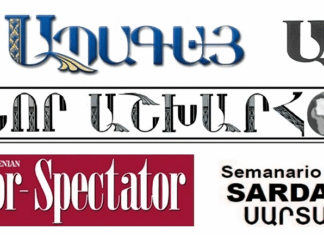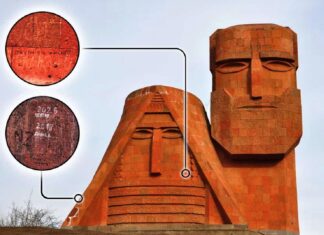By Johnny Melikyan
Special to the Mirror-Spectator
The process of establishing a multipolar world, which marked the end of the Cold War, has created both new opportunities and risks. Among them is the revision of previously established rules and principles, which has led to a new conflict in the heart of Europe. The Russia-West confrontation, entering a new phase since 2014, has resulted in certain changes also in the South Caucasus.
The Second Nagorno-Karabakh War in autumn 2020 changed the status quo, which was formed in the mid-90s, just after the first Nagorno-Karabakh war. Later, in 2021-2022, on the Armenian-Azerbaijani state border and in September 2023 in Nagorno-Karabakh, we saw more blood and suffering. As a result of the two-day large-scale aggression against the democracy of Nagorno-Karabakh, the Armenian side had more than two hundred deaths, including civilian population, women and children. As a result of this ethnic cleansing, more than 100 thousand people became forcibly displaced.
After the 2020 war, official Baku started to use the term “Zangezur corridor” as a component of their information warfare strategy, demanding from Armenia to provide an exterritorial corridor to its exclave – Nakhichevan (and Turkiye). In parallel, from August 2022, official Baku started to use other narratives, such as “Western Azerbaijan,” laying claim to the entire territories of the Republic of Armenia and referring to the internationally recognized Armenia-Azerbaijan state border as a “conditional border.” This policy became increasingly apparent following the large-scale military aggression and occupation of over 200 square kilometers of Armenian territory in September 2022.
With Azerbaijan set to host the 2024 United Nations Climate Change Conference (29th Conference of the Parties, COP29) by the end of this year, which will be the most significant international event it has held in its decades of independence, its aggressive tactics are transforming. Recognizing that amidst the preparations for this conference, the previously employed tactic of applying pressure on official Yerevan on the ground could lead to serious political consequences, potentially even the cancellation of the event itself, Azerbaijan is effectively laying the groundwork for further aggressive actions by accusing Armenia of attempting to escalate and instigate hostilities in the Syunik region, which is located in the southern part of the country.








